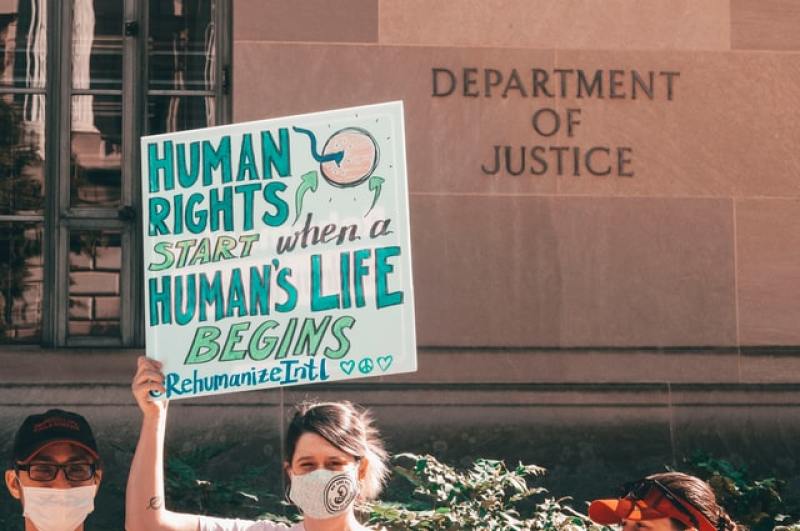
Americans United for Life, an organization established in 1971 to "advance the human right to life in culture, law, and policy," urged legislators and advocates to attend to crucial priorities while waiting for the United States Supreme Court's decision on the Dobbs v. Jackson Women's Health Organization case, scheduled for release in June.
Americans United for Life (AUL) Senior Counsel Clarke Forsythe raised that there is no guarantee that the Supreme Court would really overturn Roe v. Wade despite arguments clearly presented against this 1971 decision through the Dobbs v. Jackson case oral arguments last Dec. 1.
Forsythe underscored the element of surprise in Supreme Court decisions and, as such, it was necessary for lawmakers to prepare for it by undertaking local initiatives in their states. He specified that these initiatives should ensure that critical issues on abortion, such as abortion pills, be addressed accordingly.
"And yet, by the nature of Supreme Court litigation and deliberations, there are no guarantees, and we've been surprised before in several decisions. So, state leaders and lawmakers must be prepared for either an overruling or a mere cutting-back on Roe and Casey," Forsythe stressed.
"Until Dobbs is decided, there may be no more pressing state priorities in the 2022 legislative sessions than addressing chemical abortion, establishing an effective system of state data record-keeping, collection, and analysis, and strong enforcement of laws already on the books," he added.
The pro-life leader explained that "strong enforcement" of abortion laws are necessary to curtail "the number of abortions," save lives, and protect women. He encouraged states to enact similar laws to that of the Mississippi Gestational Age Act, which is the law under question in the Dobbs v. Jackson case in so far as the constitutionality of states is concerned when banning abortions for pregnancies 15 weeks and beyond.
"At the very least, the arguments in Dobbs on December 1st indicated that a majority of Justices will likely uphold the Mississippi 15-week limit. Therefore, states in 2022 should not hesitate to pass the strongest abortion limits possible. This same reasoning applies before the Dobbs decision and in the wake of a decision that merely affirms Mississippi's 15-week limit," Forsythe emphasized.
"If the Court merely cuts back on Roe, there are already over 40 abortion cases in the lower courts, and so it is likely that the Court will have plenty of opportunities to address the issue in coming years," he said.
Christianity Daily reported last month that many pro-life legal experts anticipate the Supreme Court's decision in June to favor the Mississippi Gestational Age Act and to overturn Roe v. Wade based on the "good clues" exhibited by the justices during the oral arguments. A matter that Notre Dame Law School Assistant Professor Sherif Girgis, a former aid of Supreme Court Justice Samuel Alito, seconded to be its most predictable outcome.
This has raised the hopes of 21 mid-western and southern states to immediately criminalize abortion as soon as Roe v. Wade is overturned. The said states are Alabama, Arizona, Arkansas, Georgia, Idaho, Iowa, Kentucky, Louisiana, Michigan, Mississippi, Missouri, North Dakota, Ohio, Oklahoma, South Carolina, South Dakota, Tennessee, Texas, Utah, West Virginia, and Wisconsin.
Forsythe noted that Mississippi "robustly" presented thorough arguments that "focused on the foundations of Roe" and Casey v. Planned Parenthood, such that "they gave the justices ample reasons" to really overturn its prior decisions on abortion. He similarly hoped that the justices would be "serious" in doing so.
For the meantime, Forsythe recommended his book "Politics for the Greatest Good" to state leaders as part of their preparation for Dobbs v. Jackson overruling Roe v. Wade. He said the book contains the values he "encourage lawmakers to consider as they stand on the precipice of an opportunity for good governance not available in two generations."
























